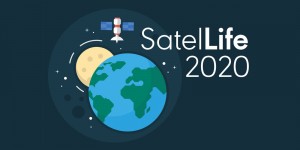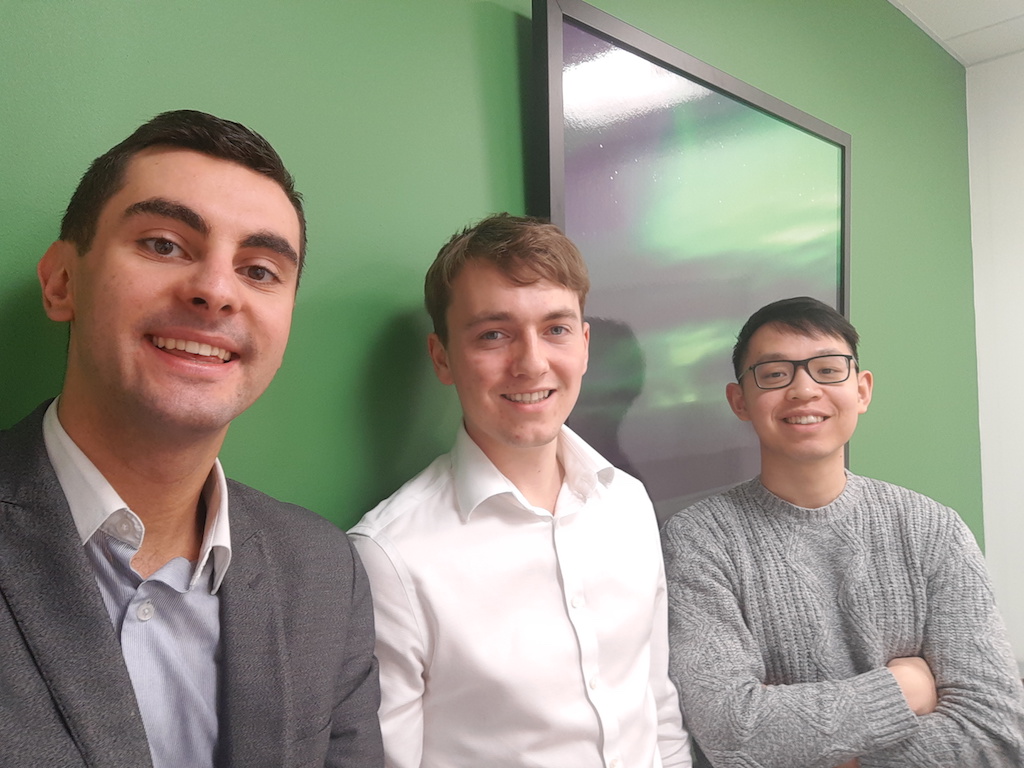A University of Bath student has won a top prize for in a competition on how to tackle Earth’s problems from space.
Henry Shepherd was awarded the accolade by the UK Space Agency (UKSA), which had asked for imaginative ideas to combat global and local problems using space.
Henry, a physics undergraduate about to enter his third year, was part of a three-person team to win the £7,000 overall group prize in the UKSA’s SatelLife Competition for a concept named SandSpy.
Their idea proposed using satellite data to identify where illegal sand extraction is happening and to inform the necessary authorities.
This could put a halt to the resulting environmental damage to rivers and seabeds, including marine life death and human fatalities caused by landslides.
Henry said: “We came across the problem of illegal sand mining through a podcast which featured an interview with a farmer in Vietnam whose land next to a river is being eroded away by illegal mining. It got us interested as we had not heard about this issue before.
“After looking into it, we realised the huge scale of the problem and how little was being done against it. This made us want to write this entry as we thought satellites had the potential to make a real difference.”
Henry and his colleagues will now pitch their idea to a panel of ‘dragons’ at the Harwell Space Cluster in October for the chance to win further prizes and, potentially, funding, patent advice and invitations to discuss job opportunities, as well as introductions to experts for further help.
Antonio Duduianu, also from Bath, was awarded the runner-up prize along with Imperial College London student Isha Parekh. Their idea, titled Eye in the Sky, described an app designed to keep people safe when walking home.
The app would analyse the safest route using a combination of satellite-derived local crime data, street lighting and traffic information. The route could also be shared with family and friends for added safety. Antonio will be entering the third year of his MEng Aerospace Engineering degree course in September.
The SatelLife Competition aims to encourage young people to think about the way satellites can be used to enhance everyday life, as well as introducing them to the many, diverse carers available in the sector.
Other competition ideas ranged from apps that predict crop health to, topically, contact tracing in a pandemic. Another project proposed the use of satellites to guide and support people with dementia through the use of a special wrist band.
British European Space Agency astronaut Tim Peake said: “Satellites are essential to everyday activities. When data collected by satellites are applied creatively, we can look to solve many of the problems we face on Earth.
“The UK space sector is an exciting place to work, and jobs in space are not just for astronauts. Careers include analysts, engineers, designers and entrepreneurs. I do not doubt that in the future these exceptional young people will be at the front of the line for these jobs.”
Previous SatelLife competition winners have gone on to careers in the space sector and continue to develop their ideas into reality.
Pictured, Henry Shepherd, centre, flanked by teammates Matthew Cliffe and Ken Diep





















